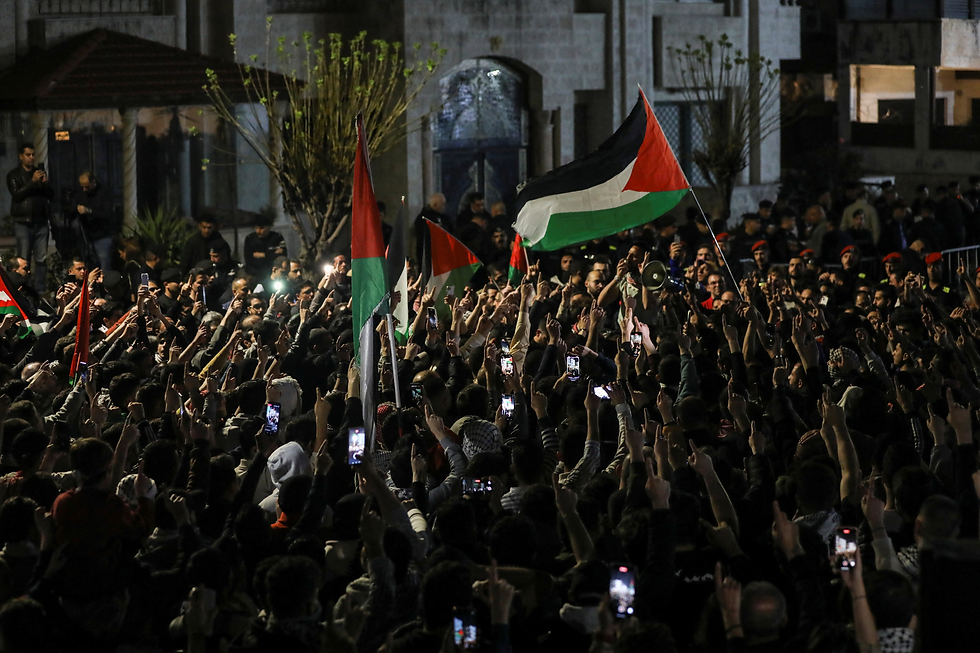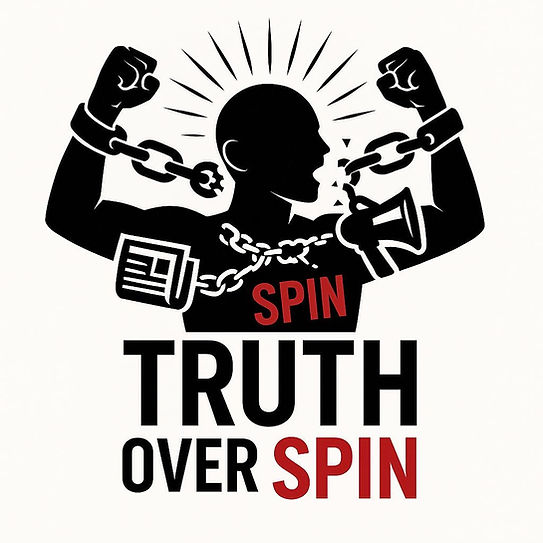The Sons of Abu Righal
- Mohamed Fahd
- Aug 25, 2025
- 6 min read

Let me tell you a story.
Long ago, before Gaza’s skies were filled with fire, before hospitals crumbled and children starved under siege, there was a man whose very name became a curse. His name was Abū Righāl.
When Abraha marched with an army of elephants to destroy the Kaʿbah, Abū Righāl did not resist. He did not defend the sacred. He betrayed it. He became their guide, leading the destroyers to the threshold of the House.
He did not live to see their humiliation. He died before reaching Makkah, buried in a place called al‑Mughammis. But his betrayal outlived him. Generations cursed him. Every caravan passing his grave hurled stones at it, a ritual to tattoo memory onto the living: treachery must never be forgotten. His name hardened into a proverb on Arab tongues: “More treacherous than Abū Righāl.”
Kings rise and vanish. Merchant palaces turn to dust. Empires bloom and break. But one man’s treachery was kept alive by a people who understood that betrayal, unlike glory, does not fade.
And today, his heirs walk among us. Not his children by blood, but his children by deed. They wear uniforms, ranks, and crowns. They sit on thrones and call themselves reformers, mediators, visionaries. But their actions give them their true names:
The Sons of Abū Righāl.

The Deeper Betrayal
The world points at the West—at Washington, London, Berlin, Canberra. And yes, the West is guilty: it armed Israel, shielded it at the UN, and varnished massacres with lawyerly phrases.
But there is a betrayal deeper than distant complicity—the betrayal of the neighbor. The betrayal of rulers who share a border with Palestine, who share its language, culture, and history, and yet enable its destruction.
When the West betrays, it does so from afar. When these rulers betray, it is from Gaza’s doorstep. They hold the keys. They control the airspace. They command the gates. And they have chosen to open them not for the oppressed, but for the oppressor.
This is not the shame of their peoples. Across the Arab world, ordinary men and women mourn Gaza, pour into streets, and raise their voices. The betrayal belongs to the rulers alone. They wear the title history has already prepared for them: the Sons of Abū Righāl.

What Our Poets & Proverbs Say About Treachery
A culture is measured by what it praises and what it despises. Arabs have always known where to place treachery. Our proverbs are unflinching: “A fish rots from the head down.” leadership’s crookedness makes the furrow crooked; rot begins at the head. When rulers decay, the field follows.
And when poets became the people’s conscience, they named the betrayal without blinking. After 1967, Nizār Qabbānī wrote a long poem that was banned in several places because it lanced the hypocrisy of Arab power. He turned his voice toward the next generation, urging them to outlive the defeat—“Arab children… You are a generation that will overcome defeat”—a line that is both lullaby and indictment, because defeat does not fall from the sky; it is managed from palaces.
And Mahmoud Darwish—the enduring breath of Palestinian memory—made poetry itself a witness of exile and resistance, a ledger of fidelity and betrayal. His life’s work has been read as the moral weather report of an occupied people; to read Darwish is to feel how the people remain faithful even when the powerful do not.
These aren’t museum pieces. They are tools. Proverbs and poems are how a civilization keeps score when courts are silent and newspapers are bought.
The People vs. the Palaces — Testimonies from the Street
While palaces signed deals, the people walked. They filled boulevards and squares with a stubborn kind of love.
Morocco: Tens of thousands surged through Rabat, again and again, demanding an end to ties with Israel. Crowds stretched for kilometers, a moving indictment of normalization and a plea for conscience. Even by spring 2025, mass marches persisted—proof that public sentiment had not dimmed.

Jordan: In Amman, protesters pressed toward the Israeli embassy—so many times that the state cracked down hard. Rights groups counted mass arrests as authorities tried to bottle up a tide that kept returning. The people’s message was simple: do not collaborate with the siege choking their kin.

Egypt: Even under the heaviest hand, Egyptians still found their way into the streets in late 2023—brief openings, swift detentions, and a silence enforced by fear. Ordinary people risked prison to say a single sentence out loud: open the gate.

Yemen: In Sanaa, vast weekly rallies rolled through the capital, seas of Palestinian flags and voices. Whatever one thinks of factions and geopolitics, the image remains: a people whose pain is not abstract. It has faces; it has names; it has miles of footsteps.
A continent of hearts said the same thing: We are with Gaza. If there is a gap between palace and people, the streets measured it in human kilometers.
Naming the Sons

History must not be coy. Treachery must be named, and its bearers identified.
Mohammed bin Salman — The Broker
Crown Prince of Saudi Arabia. He opened his skies while Gaza was sealed, smoothed routes while Gaza was starved, and flirted with normalization as if dignity were a chip on a casino table. His entertainment calendar glowed while Gaza’s calendar turned into a funeral book. (See Part Two: “The Broker.”)
Mohammed bin Zayed — The Banker
President of the United Arab Emirates. He signed the Abraham Accords and never blinked, even as mass graves multiplied. Trade with Israel ballooned; profit outpaced principle. He refined the treachery of our age: laundering policy with money. (Soon: “The Banker.”)
Abdel Fattah el‑Sisi — The Gatekeeper
President of Egypt. He holds the only practical key to Gaza’s southern door and keeps it mostly shut. He calls himself a mediator while queues of aid rot within sight of starving children. To Gaza, he is not the mediator. He is the jailer. (Soon: “The Gatekeeper.”)
These are not kings or visionaries. They are the Sons of Abū Righāl.
The Judgment of History
Abū Righāl betrayed once, and his name has been cursed for fifteen centuries. These rulers betray daily, and their disgrace will outlive them.
The victims of Gaza are in a better place. Their judgment is with their Lord. But these rulers—their verdict is still pending. The evidence is already written:
the fires of Gaza;
the cries of its children;
the rubble of its mosques and schools;
the long lines at closed gates.
History’s judgment is merciless. It is not engraved on plaques; it is carved into shame. Shame passes from tongue to tongue, from story to story, like the stones once thrown at Abū Righāl’s grave. And it attaches to names.
This Is the Beginning
This is not one article. It is the beginning of a series.
Each chapter will strip away the perfumes of power and show what remains beneath:
The Broker who trades dignity for deals.
The Banker who funds impunity with dollars.
The Gatekeeper who starves the besieged behind locked gates.
This series is not for the faint‑hearted. It is not about excuses or delicate feelings. It is about truth with teeth—the truth that while the West carries guilt, the betrayal of the neighbors is deeper, sharper, and can no longer be ignored by the world, and certainly not by the Muslim community.
History remembers Abū Righāl because he guided the elephants. It will remember these rulers because they guided betrayal into the heart of Palestine.
They are the Sons of Abū Righāl.And their judgment is waiting.






Comments